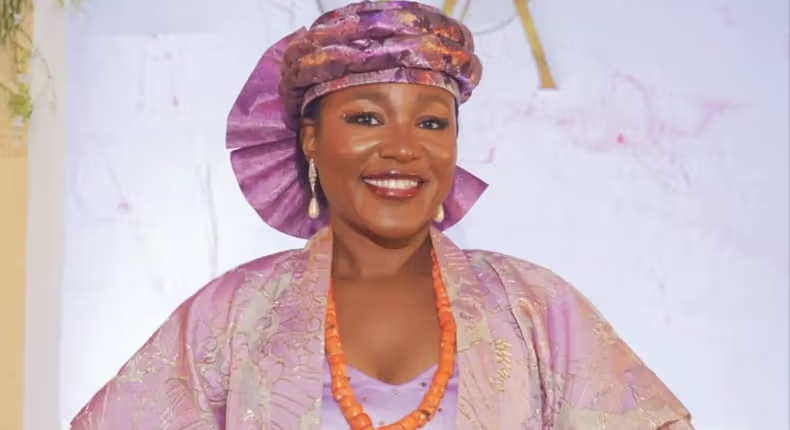Judith Audu, renowned for her 2016 heist drama Just Not Married, recently shared her perspective on filmmaking in Nollywood.
In a talk at the Nollyfemme Shorts programme on August 30, 2024, Audu discussed the challenges filmmakers face and emphasized the importance of empathy within the industry. She expressed her belief that no filmmaker intentionally sets out to create a bad film.
“Even though I love doing this, I have a toxic relationship with Nollywood. What I’ll say to every filmmaker out there is that be nice to people. It takes nothing to be nice to people. It is hard making a film and it is harder making a film in a toxic environment. That is my life mantra: be nice to people,” Audu said.
She elaborated on how films made with passion and genuine effort often succeed because everyone involved feels a sense of ownership. “Films that you make in love do so well. Everyone that worked on that project will own it as their own. They won’t be coming to set as if they are coming for a job but coming because it is a collaboration. If this film does well, it’s all of us; if it fails, it’s also all of us. Nobody wants to associate with a bad film, but when it does well, everyone will claim it as their own. You won’t need to beg them to post about it; they’ll do it because they feel connected to the film’s success,” she said.
Audu also addressed her frustrations with self-proclaimed gatekeepers and harsh critics who undermine filmmakers’ efforts. She criticized the tendency within Nollywood to undermine each other and urged for more supportive and understanding interactions.
“Nollywood is for all of us and I believe we all want the best for Nollywood because every opportunity that opens up, a win for one is a win for all. What we do in Nollywood is that when one person opens the door, another person goes and shuts it. But in shutting it, you shut it for yourself too. The way we talk badly about our people is making outsiders talk badly about us too. We should recognize how hard it is to make a film in this climate, especially in this economy,” she added.
Audu emphasized that filmmakers do not aim to produce bad films but sometimes face constraints that affect the final product. “Nobody sets out to make a bad film. They go out trying to create something good, but sometimes things don’t pan out as planned. They would love to do pickups, but financial constraints might prevent them from doing so, resulting in a less-than-ideal final product. We should be more empathetic toward our fellow filmmakers. We know how challenging it is,” she said.
She also praised female filmmakers for challenging stereotypes and setting new standards in the industry. “If we were to mention the top filmmakers, female names would certainly be among them. I love that we are changing the narrative and breaking barriers related to how women are perceived and accepted. When you step into a space, let your work speak for you. Your gender should not be the focus; your skills should be what matters,” she concluded.
Audu encouraged female filmmakers to continue their impactful work and uphold the legacy established by previous generations. “Be among the women who do the work and carry forward the legacy. Don’t announce your status or roles; let your work speak for itself. When others see that you know your craft, they will respect you,” she advised.
